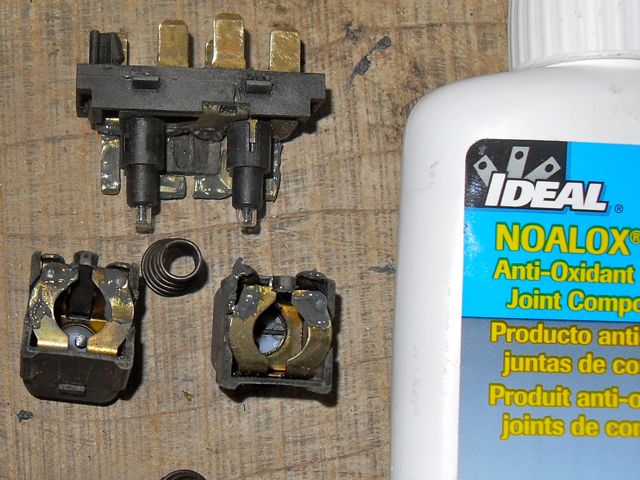Hi,
Dielectric grease is put on battery posts to prevent corrosion, which makes sense. However, dielectric grease does not conduct electricity, so how is the current conducted when both posts are covered with a non-conductor?
Fred
Dielectric grease is put on battery posts to prevent corrosion, which makes sense. However, dielectric grease does not conduct electricity, so how is the current conducted when both posts are covered with a non-conductor?
Fred

